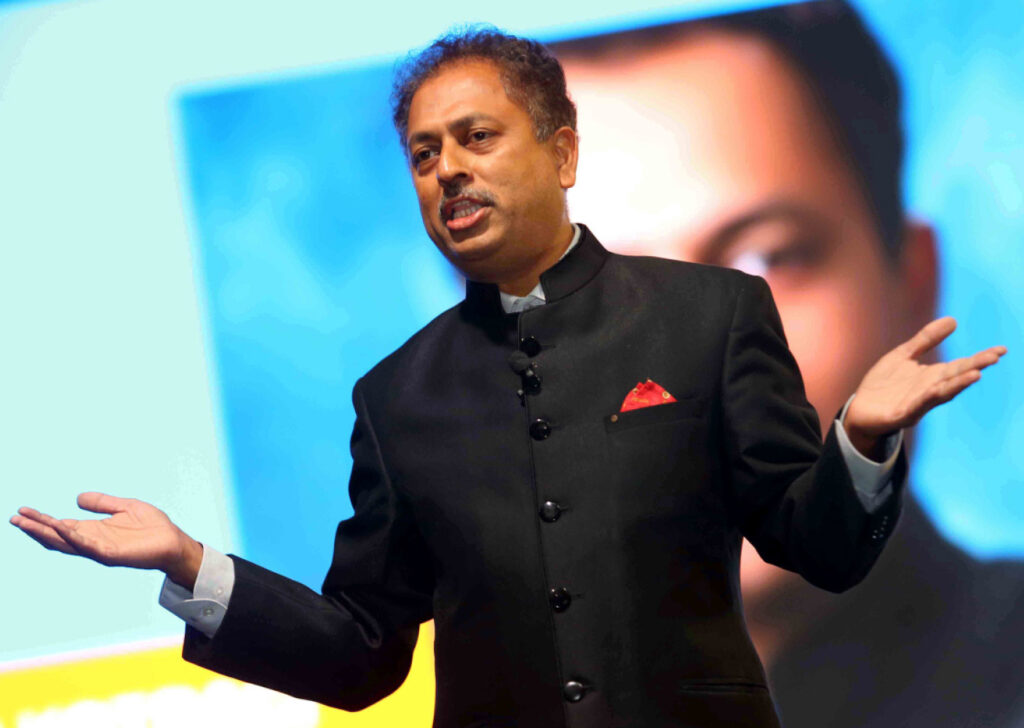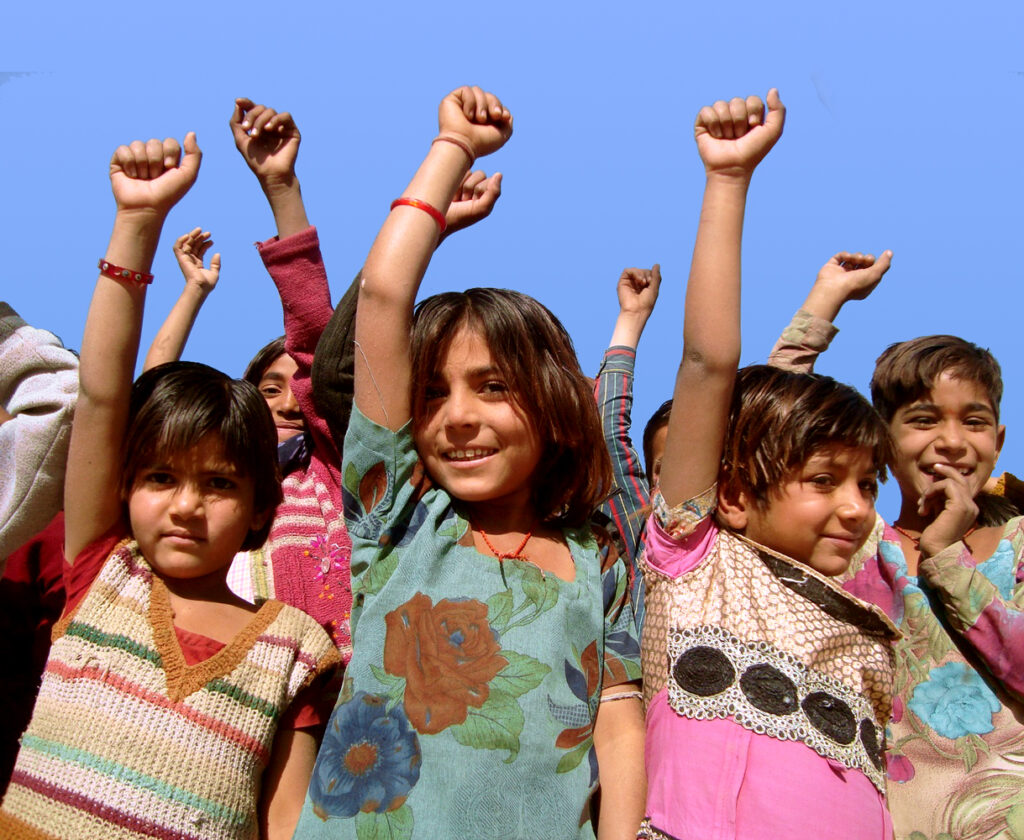
At Lakshya — the annual training workshop for the DGEs, DGNs and incoming district chairs for different Rotary verticals, convenor and RIDE Mahesh Kotbagi said, “This is the first phase and the second one will include orientation and goal-setting sessions in membership, TRF and public image.”
Senior Rotary leaders such as RIPE Shekhar Mehta, PRIPs Rajendra Saboo, Kalyan Banerjee, PRIDs Ashok Mahajan, Panduranga Setty, C Basker, P T Prabhakar and Manoj Desai, RIDs Bharat Pandya, Kamal Sanghvi, TRF Trustee Gulam Vahanvaty, and RIDEs Mahesh Kotbagi and A S Venkatesh briefed the DGEs.
Saboo urged the delegates to have a “single-minded focus on making your year a grand success and transform people’s lives in all ways possible.” He recalled the 1978 Rotary convention when Clem Renouf was RIPE and Jim Bomar was formally nominated as RI president. “When I congratulated Bomar, he said, “Raja, my first responsibility is to make Clem’s year successful. That will be the foundation for my year.” Addressing the DGNs, he added, “Likewise, you have to consider your year as a preparatory and support your predecessors.”
Have a single-minded focus on making your year a grand success and transform people’s lives in all ways possible.
– Rajendra Saboo, Past RI President
“I am delighted to be with the Rotary leadership of my country. Your only lakshya will be to provide an outstanding, innovative year of service in Rotary. Make it unforgettable,” said Banerjee, and remembered PRID Sushil Gupta’s immense contribution to water and sanitation programmes. He recommended that the leaders give extra attention to environmental solutions and urged them to read Bill Gates’ book How to Avoid a Climate Disaster.
The seed for the training seminar was sowed during Basker’s tenure as Disha, recalled Kotbagi. Basker appreciated the curriculum of the training seminars as “meaningful and effective for the incoming leaders. In 2017, we felt the need for training to motivate the district chairs for the various Rotary verticals through a series of training seminars with the idea that they will train the club officers for best results.”
Dream big
“As you set your goals, remember they should be stretch goals,” said RIPE Mehta. He has always been urging Rotary leaders to dream big and set bigger goals. “Do not fear failure. I would rather you make goals that you cannot complete at the end of your year than make smaller targets which are easily doable. Ships may be safe in the harbour but that’s not what they are meant for; they are meant to be on the high seas,” he added. He encouraged the district leaders to plan their goals big enough “to contribute in nation-building.” Citing the success of literacy projects, he said, “this shows how much we can achieve if we put our hearts and minds into the work we do.”

Rotary should strive to do projects which are 10 per cent of what the government can do, he said. “So if the GoI is putting up one crore toilets, then we should do 10 lakh, and that is possible. If the GoI has a target of creating 100,000 check dams, let’s do 10,000. If the number is broken down to all districts, it is doable. How many organisations have the courage to say we will do 10 per cent of your job?” Apart from the government, Rotarians should also start looking at other partners. “We have the power and the magic to change lives. The magic will happen when the wheel begins to roll and let’s together drive the wheel so that humanity thrives,” said Mehta.
Empowering girls
Stressing on his presidential emphasis — empowering girls — he pointed out that there is a huge gender disparity and discrimination in our part of the world and it is our responsibility to sow the seeds so that the future generation will reap the fruits just as it happened in polio eradication when it began in 1985. Little did they expect the scale it has achieved. “We will do service projects for all children, but our focus will be on girls. We have a responsibility to invest in initiatives that advance education and skill development in girls and young women. It drives sustainable growth, elevates innovation through diverse thinking and deepens understanding of communities.”
There is no specific goal-setting in this area as it encompasses all areas of focus. “But I urge you to appoint a chair exclusively for this programme,” he said to the DGEs. The DGNs should also be involved in projects related to girl child empowerment as “RIPN Jennifer Jones has expressed interest in continuing the programme during her year.”
Your only lakshya will be to provide an outstanding, innovative year of service in Rotary.
– Kalyan Banerjee, Past RI President
The RI board has approved the recommendation by Mehta for a special task force for empowering women; RIDE Venkatesh is one of its three members. The other two are from the US and Switzerland.
“It is important that we Rotarians create a path for the development of girl children and women,” said Sanghvi, as they form 48 per cent of the nation’s population.
Gender discrimination is not something only the developing nations face; it is a universal issue existing in various forms, and includes poor menstrual hygiene management too, said Venkatesh. He urged the leaders to look at options to empower girls through better hygiene management and availability of enough water in homes, so that girls need not be sent to fetch water and waste precious time they could spend in school; empower women with vocational training; and promote skill development. “Understand the need of the community and extend support accordingly. Add the dimension of empowering girls when you implement any of the Rotary focus areas.”
Supporting environment
The district leaders were given orientation in implementing this new area of Rotary focus. Vahanvaty, moderating the session, pointed out the four areas that Rotary would initially focus on — Solid waste management, Tree planting, Awareness campaigns and Renewable (solar) energy — “STAR for short. We must act now; it is urgent, as the future of our children and grandchildren is at stake,” he said and quoted UN General Secretary Ban ki Moon: Saving our planet, lifting people out of poverty, advancing economic growth… these are one and the same fight. We must connect the dots between climate change, water scarcity, energy shortages, global health, food security and women’s empowerment. Solutions to one problem must be solutions for all.
TRF will open global grants for environment-related projects from July 1, said Vahanvaty.
PDG Ajay Gupta, national chair for this area of focus, shared project ideas on the different elements of STAR with the district leaders. It was an interactive session where best practices were shared. Developing mangroves in coastal areas, solutions for reducing crop burning that is prevalent in north India, encouraging industries to install solar panels, solar and biogas crematoriums were some of the ideas exchanged at the session. Mehta invited Rotarians with expertise in the field to be part of the national team and contribute ideas.
Goals were set for all the districts and Kotbagi said that they will be monitored quarterly and deviations will be set right.
RID 3131 PDG Ravee Dhotre was the Lakshya chair.






